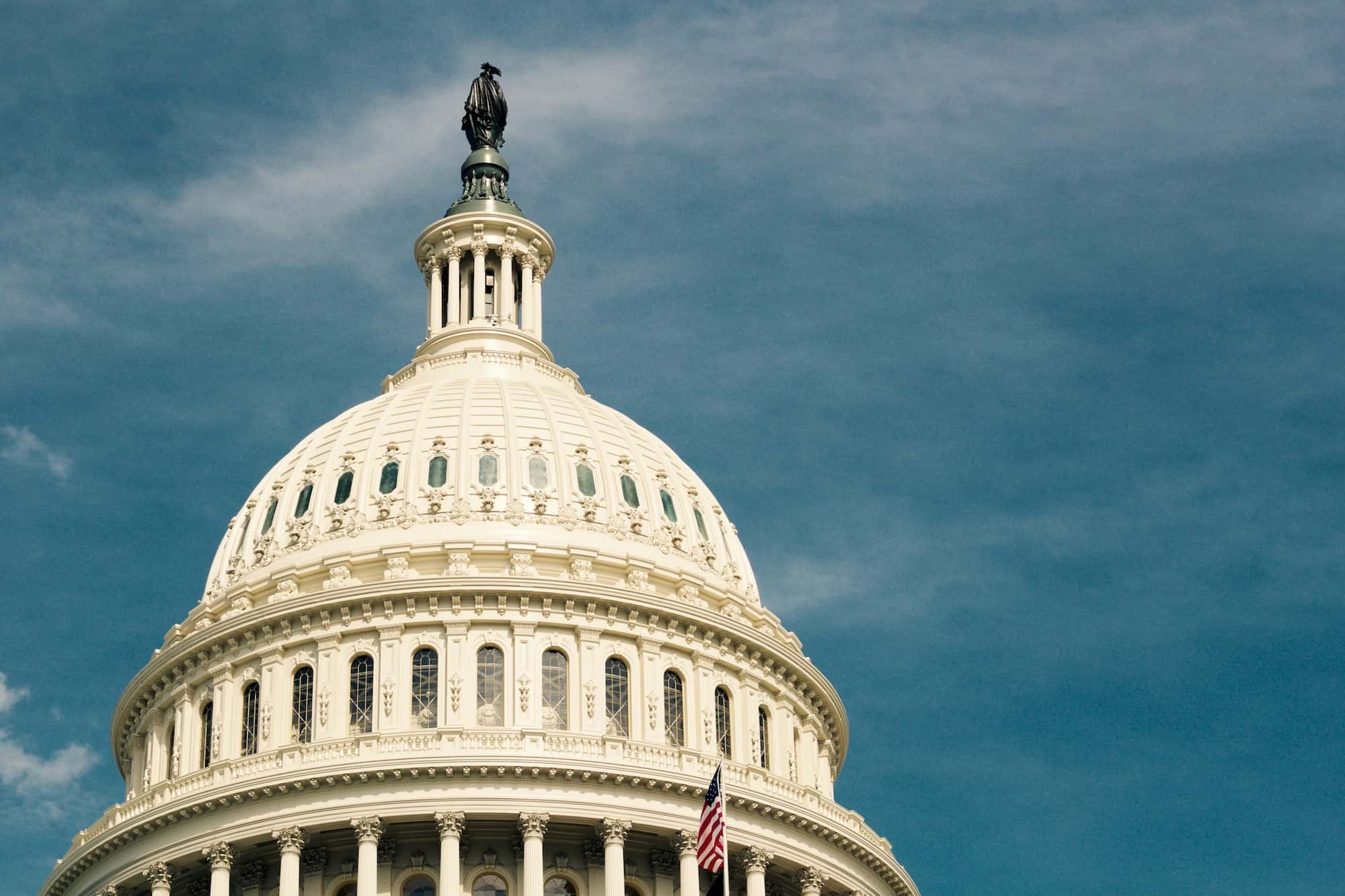Support for cannabis legalization is at an all time high among lawmakers of both political parties in the US, but despite this, no stand alone cannabis reform bills have been voted on. Progress towards legalization at the federal level has generally been the result of amendments attached to larger bills, or due to administrative recommendations like the 2014 Cole Memo.
Numerous bills aimed at reforming the federal government’s cannabis laws have been filed in Congress over the last several years, but thus far none have made it out of committee to be put to a vote. That changed this week, when a bill introduced by Veterans’ Affairs Committee GOP Chairman Phil Roe of Tennessee, and Congressman Tim Walz (D) of Minnesota was approved following a short discussion period. Along with Roe and Walz, the bill had 52 other co-sponsors.
The bill isn’t a sweeping reform of federal cannabis laws, but rather fairly narrow effort aimed at expanding cannabis research, specifically by encouraging the Department of Veterans Affairs to conduct research into the medical benefits of cannabis. While it’s not the broad and ambitious reform legislation that cannabis advocates would like to see, it does mark a historic moment as the first stand alone cannabis legislation to make it out of committee. And there is reason to believe the bill is a sign of more legislative progress to come, given the strong bipartisan support of cannabis reform currently building among lawmakers across the country and political spectrum.
The bill establishes research guidelines for using cannabis to treat eligible veterans suffering from chronic pain, post-traumatic stress disorder, and other conditions deemed appropriate. It allows for “varying methods of cannabis delivery, including topical application, combustible and non-combustible inhalation, and ingestion,” and the use of “full plants and extracts.” It also encourages researchers to use multiple types of cannabis, “at least three different strains of cannabis with significant variants in phenotypic traits and various ratios of tetrahydrocannabinol and cannabidiol in chemical composition.”
The VA is required under the bill to preserve all data collected during the research, and provide at least annual reports on the progress of the research to the Senate and House Committees on Veterans’ Affairs.
In the Senate, a companion bill was introduced by senators Dan Sullivan (R-AK) and Jon Tester (D-MT).
Marijuana Moment spoke with Rep. Earl Blumenauer (D-OR) about the bill. “The tide is turning on cannabis, and today’s vote is the latest example,” he said, “We still have a long way to go, but we are one step closer to helping our veterans get the care they want and deserve. Now is our moment. Now is the time to redouble our efforts.”
In a similar but separate development, the U.S. House Appropriations Committee urged the VA to ramp up cannabis research centered on veterans. Attached to the VA funding bill for fiscal year 2019 the committee included a note stating:
“Cannabis research.—The Committee recognizes that continued focus on the discovery of treatment alternatives for veterans diagnosed with various conditions such as chronic pain and PTSD are essential to reducing the number of veteran suicides. For this reason, the Committee urges VA to utilize funds, in an amount deemed appropriate by the Secretary, to prioritize investments in research on the efficacy and safety of cannabis usage among the veteran population for medicinal purposes. The Committee also requests a report, within 180 days after the enactment of this Act, by the Secretary containing a detailed plan on how the Department expects to pursue this research. The Committee also urges VA to ensure any research conducted or supported by VA on cannabis therapy is preserved in a manner that will facilitate further research.”
Providing safe, effective, and affordable medical care for veterans tends to be one of the most consistently popular and bipartisan political goals in the U.S. government, so it’s encouraging to see action on cannabis research. As more scientific evidence supporting the medical value of cannabis accumulates, it will be harder and harder for the federal government to continue to stand in the way of legalization.

